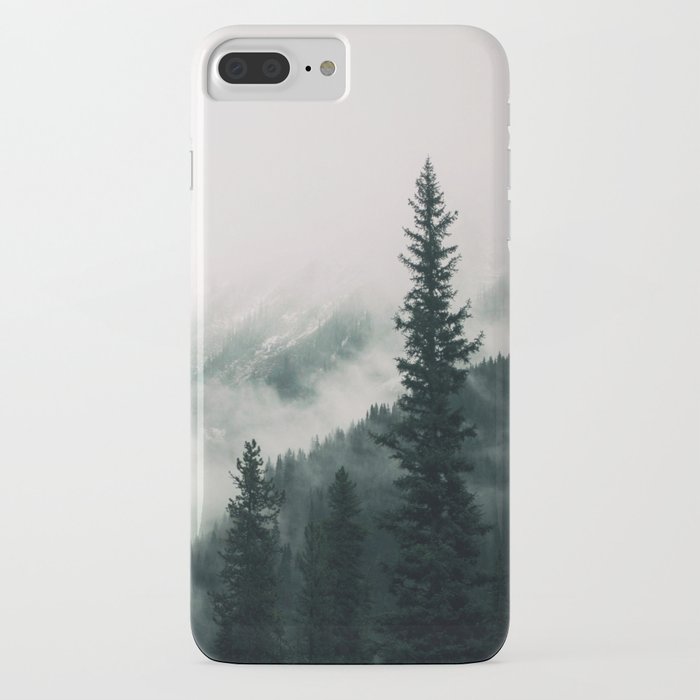
 |
 |
 |
 |
 |






over the mountains and trough the woods - forest nature photography iphone case
SKU: EN-A10141

over the mountains and trough the woods - forest nature photography iphone case
How secretive was Apple about the first iPhone? Engineers working on the project didn't even know what it really could do. When building the first iPhone leading up to its release in 2007, Apple put together a group of engineers and designers tasked with working on the top-secret project. Hardware engineers didn't even know what the software could do, and vice versa. Be respectful, keep it civil and stay on topic. We delete comments that violate our policy, which we encourage you to read. Discussion threads can be closed at any time at our discretion.
There's a battle over the value of the components within your iPhone, "Qualcomm's illegal business practices are harming Apple and the entire industry," Apple said in a statement, It's the latest salvo in an escalating legal fight over the the value of intellectual property that plays a critical role in the iPhone, Apple argues that it should have to pay royalties only on the technology behind the radio chip Qualcomm supplies over the mountains and trough the woods - forest nature photography iphone case in the iPhone, Qualcomm says the royalties cover a far broader range of technologies that go beyond a single chip..
"We believe deeply in the value of intellectual property, but we shouldn't have to pay them for technology breakthroughs they have nothing to do with," Apple said. In response to the filing, Qualcomm said it's confident it will prevail in the legal dispute. "Qualcomm's innovations are at the heart of every iPhone and enable the most important uses and features of those devices," said Don Rosenberg, executive vice president and general counsel of Qualcomm, citing connectivity, high-speed data transmission and GPS navigation as examples. "It simply is untrue that Qualcomm is seeking to collect royalties for Apple innovations that have nothing to do with Qualcomm's technology."Qualcomm is the world's biggest provider of mobile chips, and it created some of the essential standards for connecting phones to cellular networks. The company derives a significant portion of its revenue from licensing that technology to hundreds of handset manufacturers and others. Because Qualcomm owns IP related to 3G and 4G phones, any handset maker building a device that connects to the newer networks has to pay it a licensing fee, even if they don't use Qualcomm's chips.
Apple in January filed suit against Qualcomm in the US, alleging the wireless chipmaker didn't give fair licensing over the mountains and trough the woods - forest nature photography iphone case terms for its technology, Apple also said Qualcomm sought to punish it for cooperating in a South Korean investigation into Qualcomm's licensing practices by withholding a $1 billion rebate, Apple wants a court to lower the amount it pays Qualcomm in licensing fees, as well as order the return of the $1 billion, The iPhone maker said in its suit that Qualcomm should be paid royalties based on the value of its particular contribution, not for contributions from other patent holders..
Qualcomm in April said no modern handset would have been possible -- including the iPhone -- "without relying upon Qualcomm's fundamental cellular technologies." In its response to Apple's initial filing, the company made some counterclaims of its own, including breach of contract. It also asked for an unspecified amount in damages and said Apple had interfered with its relationship with contact manufacturers. Apple in April said it had stopped paying royalties to contract manufacturers for phone patents owned by Qualcomm, starting with devices sold during the March quarter. Those manufacturers, like Foxconn, then pay Qualcomm for the intellectual property that's essential for connecting phones to a wireless network.
- best iphone xr cases online - silicone case
- " morning fox " red fox with her morning coffee iphone case
- over the mountains and trough the woods - forest nature photography iphone case
- sunflower field iphone case
- ballet papillon dancewear
- ballet slippers jewelry
- ballet embroidery design ballet shoes ballet slippers pointe shoes embroidery girl woman dance shoe dance bag embroidery, dance
- bridal - sequin red ballet slippers flats shoes with red crystal rhinestone bows
- brown peacock etched womens leather ballet flat shoes, indian shoes, handmade designer shoes/juttis or mojaris
- super chunky wool slippers, gray slippers, real fox fur pom-poms, women's house slippers, non-slip house shoes, ballet flats
- pink ballet glitter birthday candle - ballerina dancer party decor supplies photo prop sparkly sparkle cake topper keepsake stan
- More...


